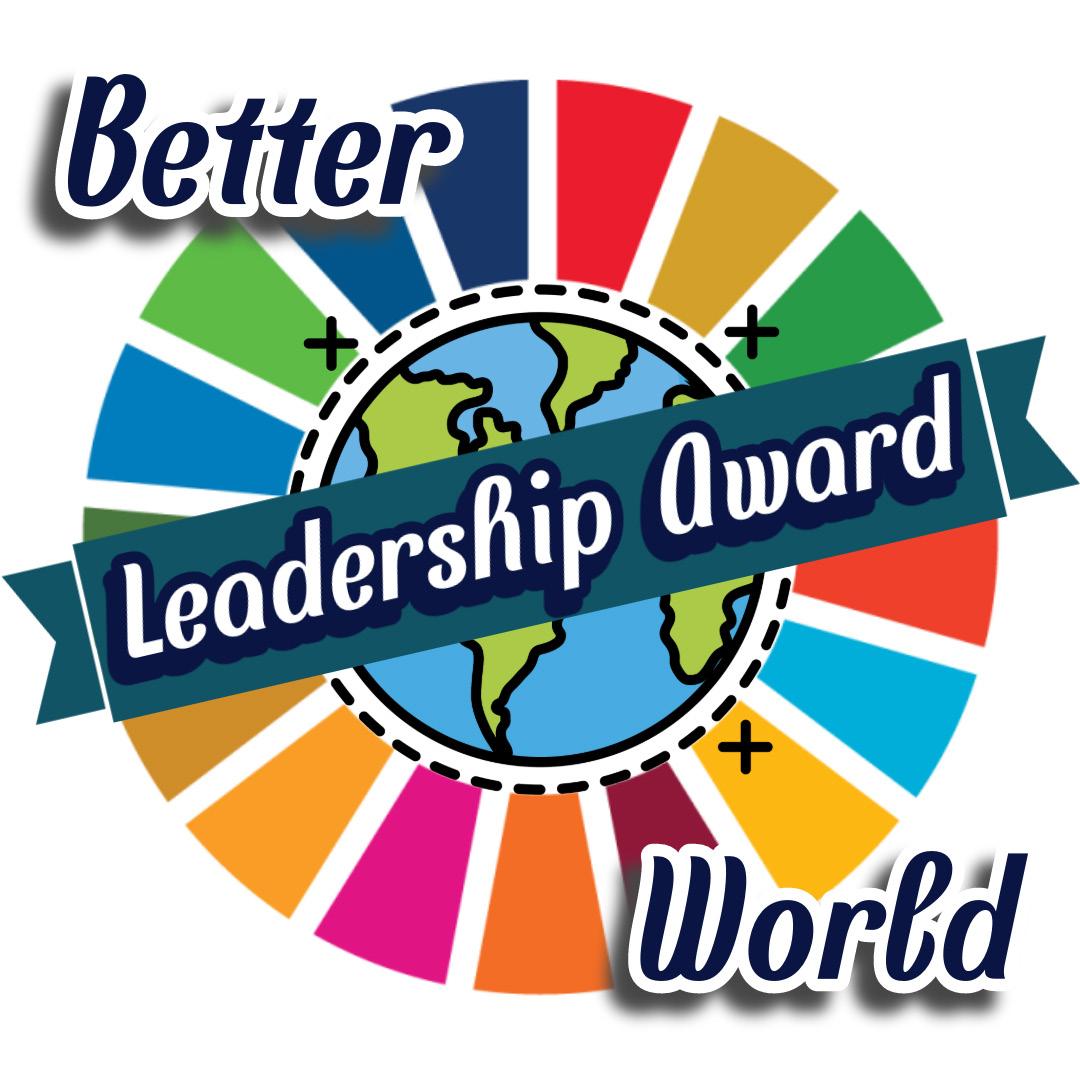




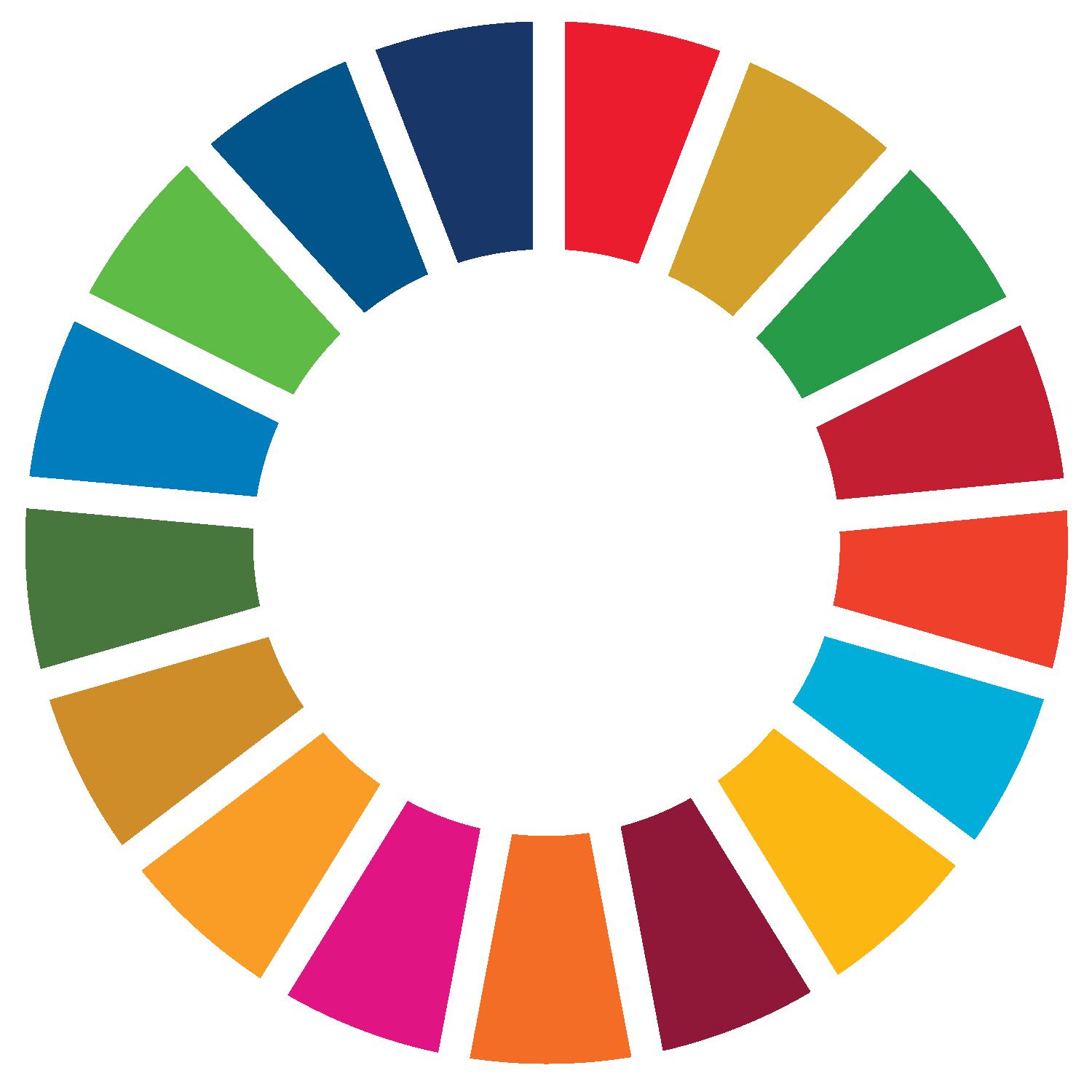



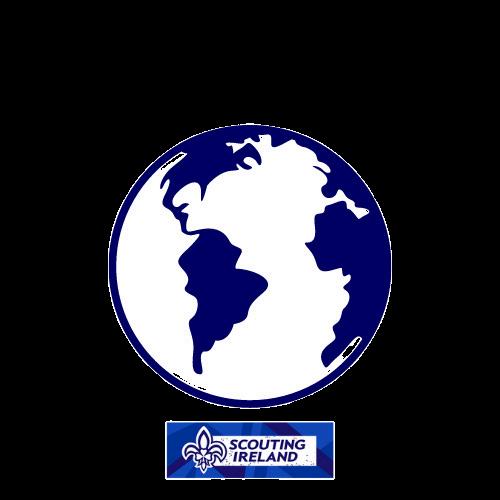
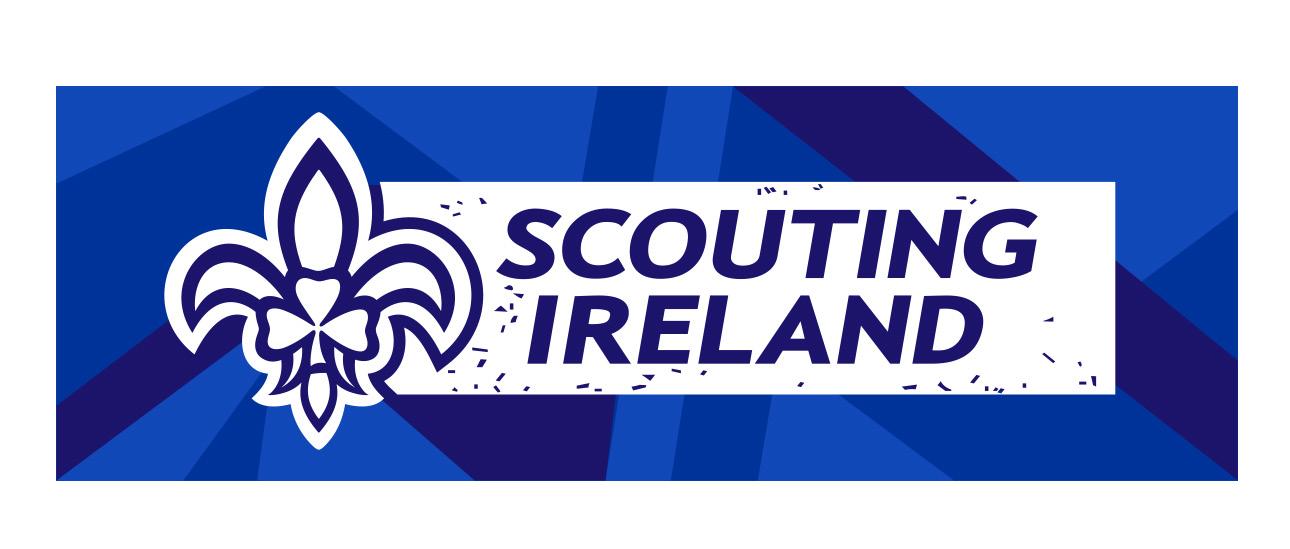

Completed in three phases, using a Global Citizenship Approach to build on:

Step In
Topic: Values and SDGs
Topic: Review and Reward 1 2 3
Step Up
Topic: Community Citizenship Project
Step Out
- Ethics and Integrity Skills
- Communication Skills
- Interpersonal and Leadership Skills
- Problem Solving Skills
To be a more active citizen and live up to the Scout Promise & Law!



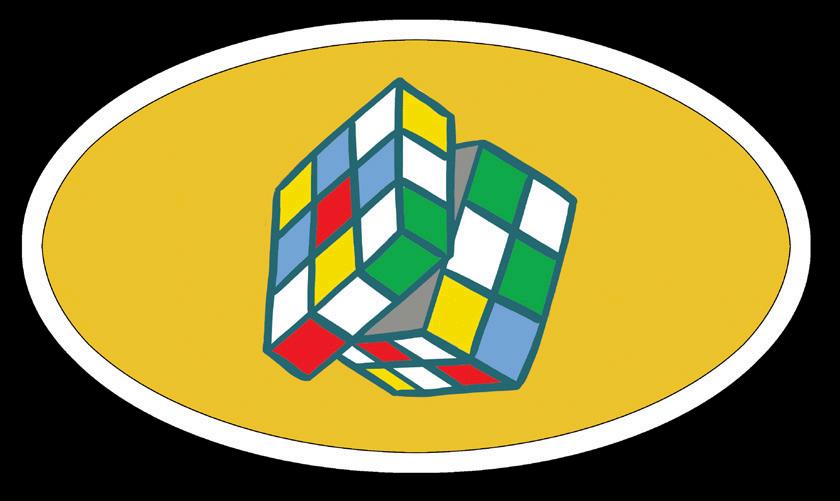
Who can apply?
This programme is best completed by a group and is most suited to Scouts, Ventures and Rovers.
When can I apply?
Anytime of the year.
Where Can I apply?
On our Better World Website.
Why Should I apply?
To qualify for the Better World Award, while building upon important skills and becoming a more globally aware citizen.

Step 1:
Read through this booklet and the programme requirements.
Step 2:
Complete the Step In phase, exploring personal and collective values, as well as learning about the Sustainable Development Goals.
Step 3:
Form a group. Recommended size 6-8 people.
Step 4:
Complete the Cocoa Pod activity, to help with planning for your project.
Step 5:
Upload learnings from Step In to the Better World Website and your plan for the group project.
Step 6:
Get started on your community project, keeping record to upload to the Better World Website upon completion.
Step 7:
Upload the completed project to the Better World Website.
Step 8:
Await contact from the Better World Team to recieve awards and supports for next steps.

The purpose of the Step In phase is to look inwards and reflect on personal and group values. This helps to understand why local, national, and global issues matter to us.
In this phase, we will also look at the Sustainable Development Goals, and how we can use them to decide on the topic of our group project.
• I can list at least 5 values.
• I know which values I prioritise.
• I know how my values effect my communities.
• I can link these values to my Scouting values.
Using the Value Card pack, or the list of values on the following page for refrence, let's engage with values! You'll also need a ball of yarn/string/rope!
There is an example of an activity below, can you make any more?
Run Time approx 20 minutes
Tools: Value Card Pack / list of values
Place down three markers: Agree, Unsure Disagree. Instruct partipants to line up, single file behind 'Unsure'.
Randomly slect two value cards from the deck.
State: value x is more important than value y. The participants must individually decide whether they agree, disagree or are unsure, by moving to the relevant marker.
Participants can feed back to the wider group as to why they feel this way.
Get Creative! How else could you use a walking debate to reflect on values?

What are values?
Values are a core part of who we are, and who we want to be.
Values are things that we believe to be important and should ascertain our priorities and decisions we make.
• I can name at least 3 SDGs.
• I know which SDGs I prioritise.
• I know how SDGs can help communities.
• I can link some SDGs to my values.
Using the SDG Card pack, or the SDG grid on the following page for refrence, let's engage with the SDGs!
There is an example of an activity below, can you make any more?
Run Time approx 30 minutes
Tools: SDG Card Pack
In your group, form a large circle
As a group, discuss the Sustainablle Development Goals and what they are.
Split up into groups and under three hedings; People, Planet, Peace, assign each SDG to a group.
Bring your decisions back to the wider group and discuss. Decide on a final categorisation.
Split into three groups and assign one of the categories to each group.
Explore the SDGs in your category together and decide on the most importnat one.
Make a poster to visualise your ideas and thinkings. Try to include values in your graphics!

What are SDGs?
Sustainable Development Goals are a group of 17 goals to bring us together as one world. The goals address issues of climate change, social innovation and peace.
The goal is to have everyone involved and leave no one behind.
Community
Adventure
Success
Family
Kindness
Respect
Courage
Compassion
Independence
Humour
Love
Empathy
Friendship
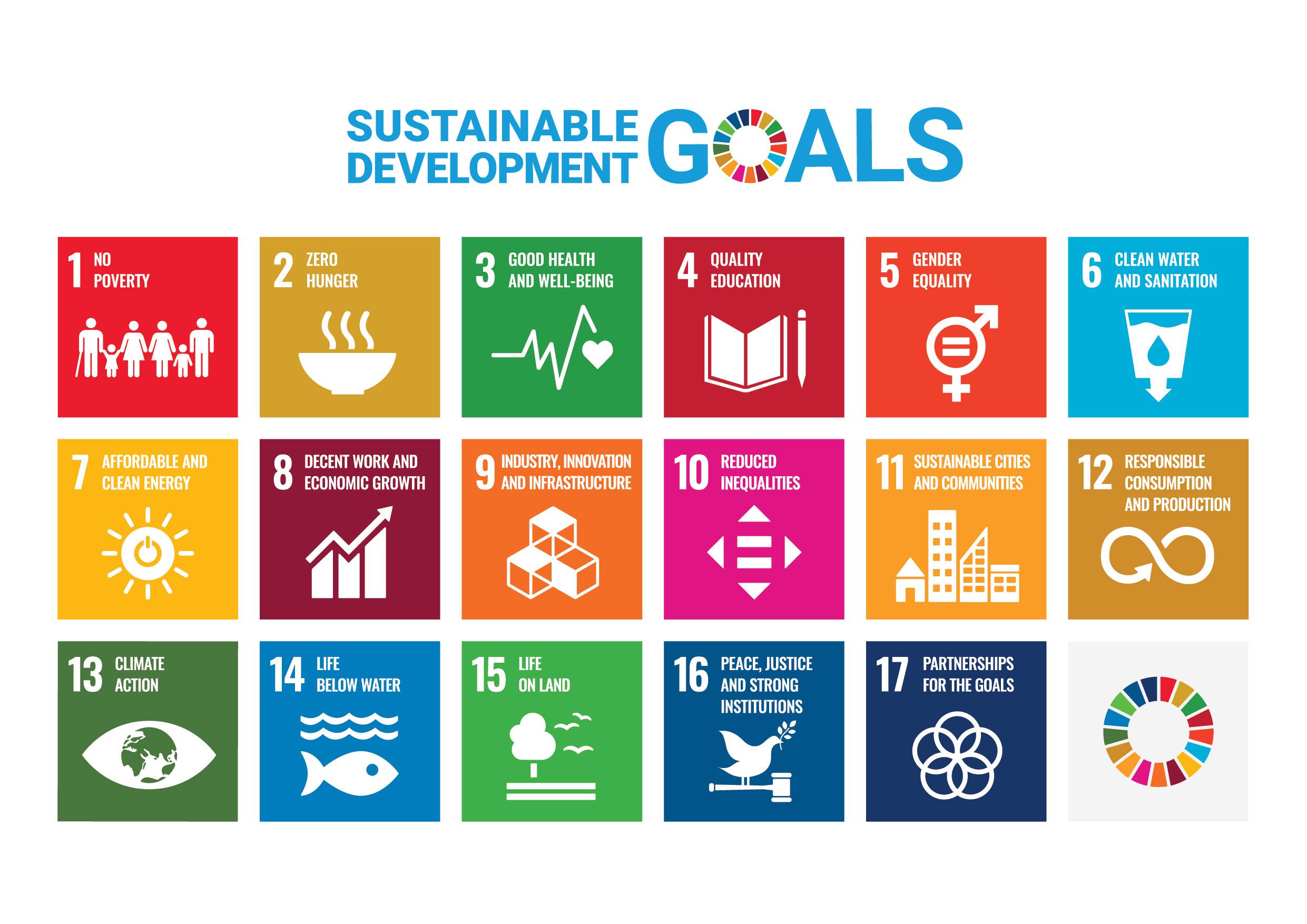





The purpose of the Step Up phase is to work with a group of your peers, exploring local, natinal and global issues to complete a community project focused on people, planet or peace. This phase is about stepping up and looking out. How can you make a difference?
Forming - Getting the team together, creating ground rules and collective goals.
Storming - Learning how to communicate with each other, conflicts may arise.
Norming - Trust and collaboration is easier.
Performing - Completing the tasks, working together cohesively.
Adjourning - Wrapping up and celebrating task completion.
Forming: Start with an icebreaker, like 2 truths 1 lie. Even if you have worked together with people in this group before. See it as an opportunity to play a fun game together, learn something new about eachother. Starting a new project is like wiping the slate clean, you are coming together working towards a new set of goals. What other icebreakers can you come up with? Using the Cocoa Pod planner, come together as a group and decide on collective values, practical needs, and goals of the group. The cocoa pod can be found on the next page of this resource.
Reflect individually on who you would like to show up as in this new group. Does your group need to assign roles to complete the project? Will these roles form naturally?
Storming: Using the Compass Rose, identify and discuss issues impacting a community. What SDGs are concerned with these issues? Which category does this issue fall underPeople, Planet, or Peace? Decide on the theme of your project. Upload your project plan to the Better World Website.
Norming: Fall into your roles and begin the process of doing your project.
Performing: Actively completing the project. Continue to reflect and log the process. What's working well, what needs improvement? Do the aims of the project need to be adjusted?
Remeber, it's normal to encounter difficulties when completing projects.





The way a group works together., individual roles within the group forming a collective. Roles within the group can form naturally or be assigned.
Who are you in groups? Do you show up as a leader? A mediator? A jokester? Every role has a purpose.
Adjourning: The action part of your project is over. Now, it's time to reflect as a collective. How did you do? Looking at the goals that were set at the beginning and what was achieved, did you manage to stick to the plan?
Can you see the impact from the actions of the project? Are these short-term impacts or long term? What worked well? What would you differently next time?
Review the Cocoa Pod. Did you stick to the agreements? What were the sparkling moments (moment of joy), growth moments (new skill or knowledge gained) and hot button moments (challengeor conflict)?
Make a poster describing your project, covering topics of aims, reasoning, outcomes. Upload to the Better World Website and celebrate the completion of your project - well done!

A cocoa pod is the fruit of the cacao tree. The cacao tree grows pods that protect cacao beans. These beans are the primary ingredient used in the cocoa and chocolate products.
The purpose of the Cocoa Pod activity is to bring the group together an look at our collective goals, needs, and values.

The cocoa plant is where chocolate comes from. The fruit that grows has a hard shell, protecting any individual cocoa beans.
The plant is Scouting Ireland, the pod is your group and the beans are you!
To grow, the plant needs Soil, Water, and Sun.
The Soil represents the values of your group
The Water represents the practical things you need to complete your project
The Sun represents what you as a group are growing towards, your goals .
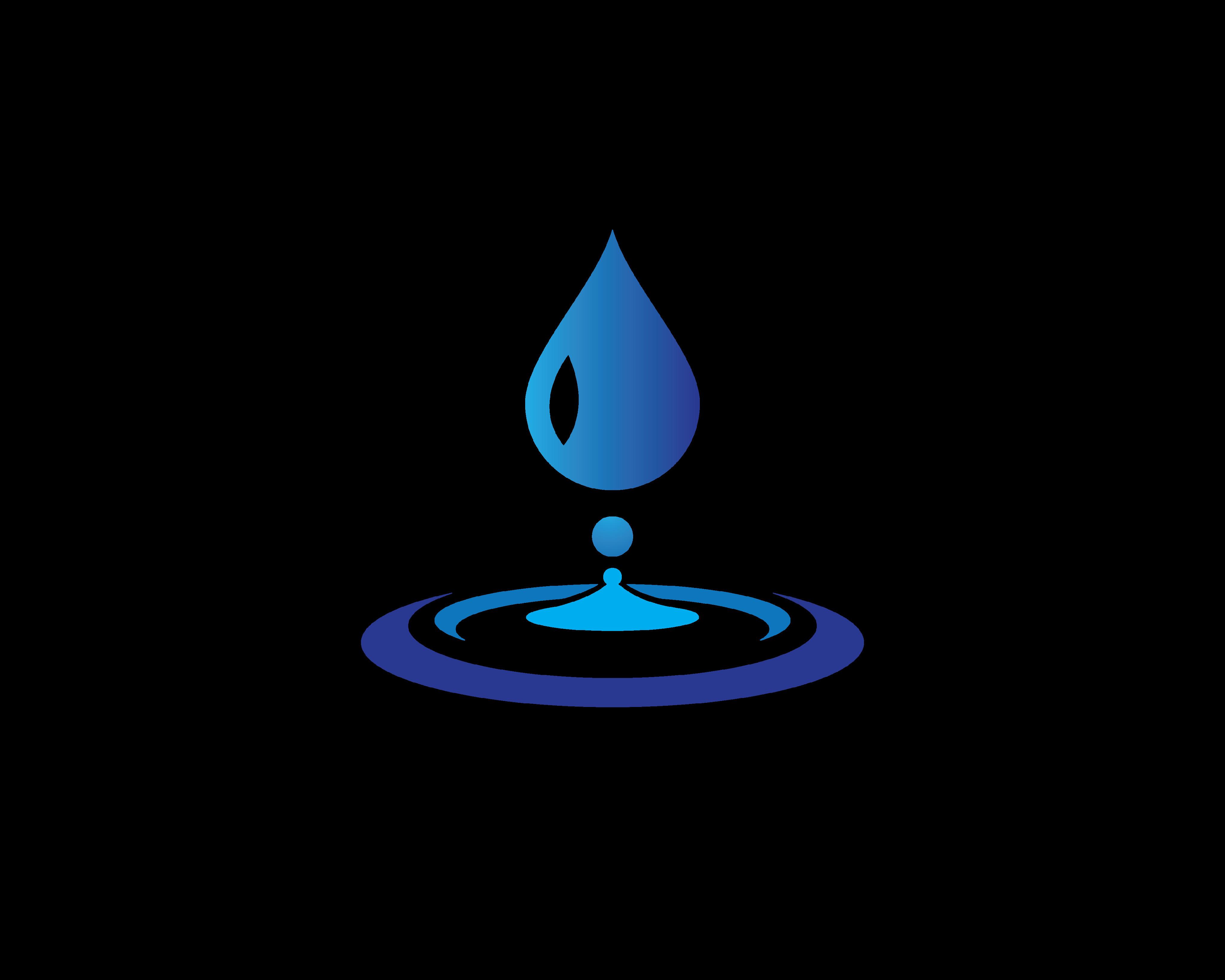
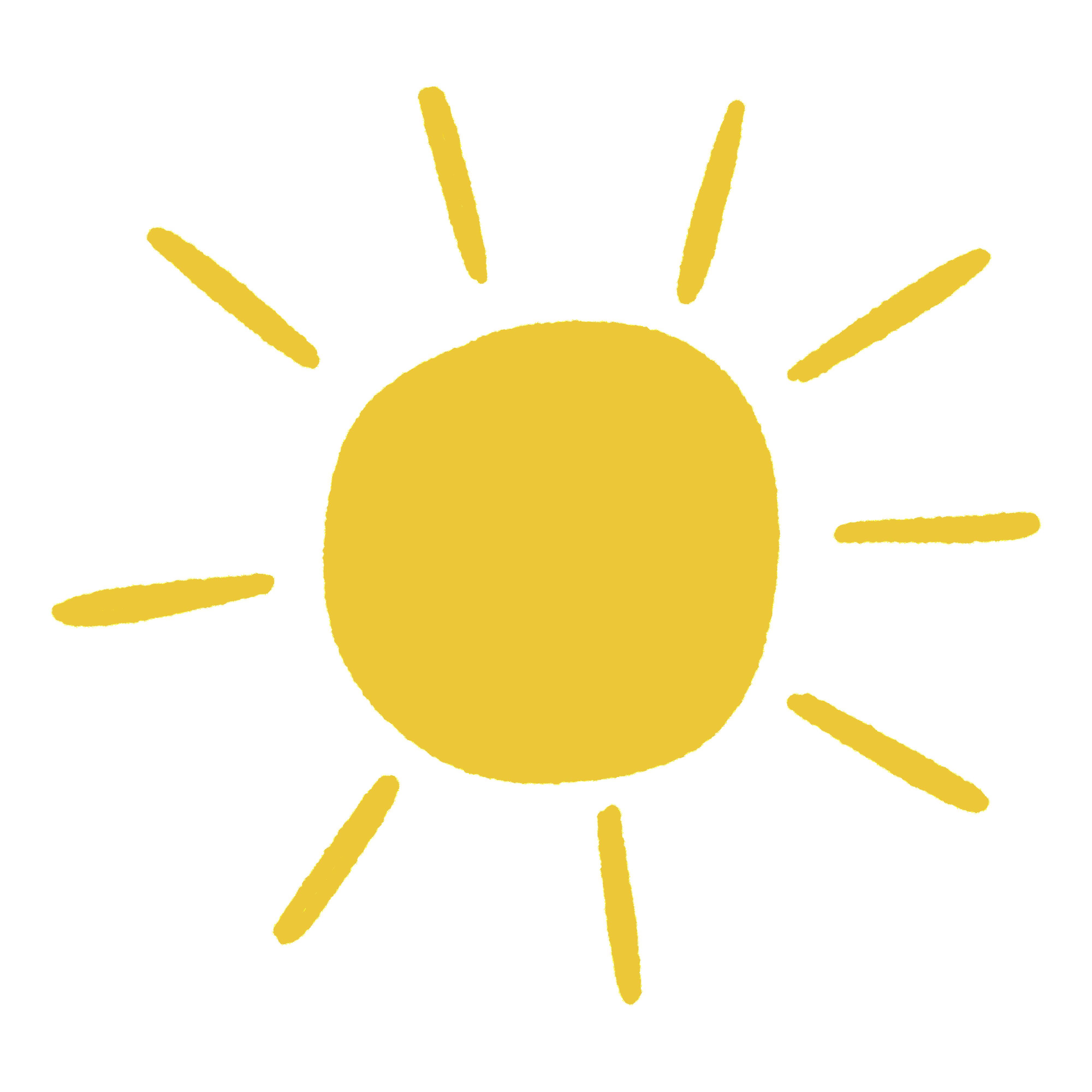
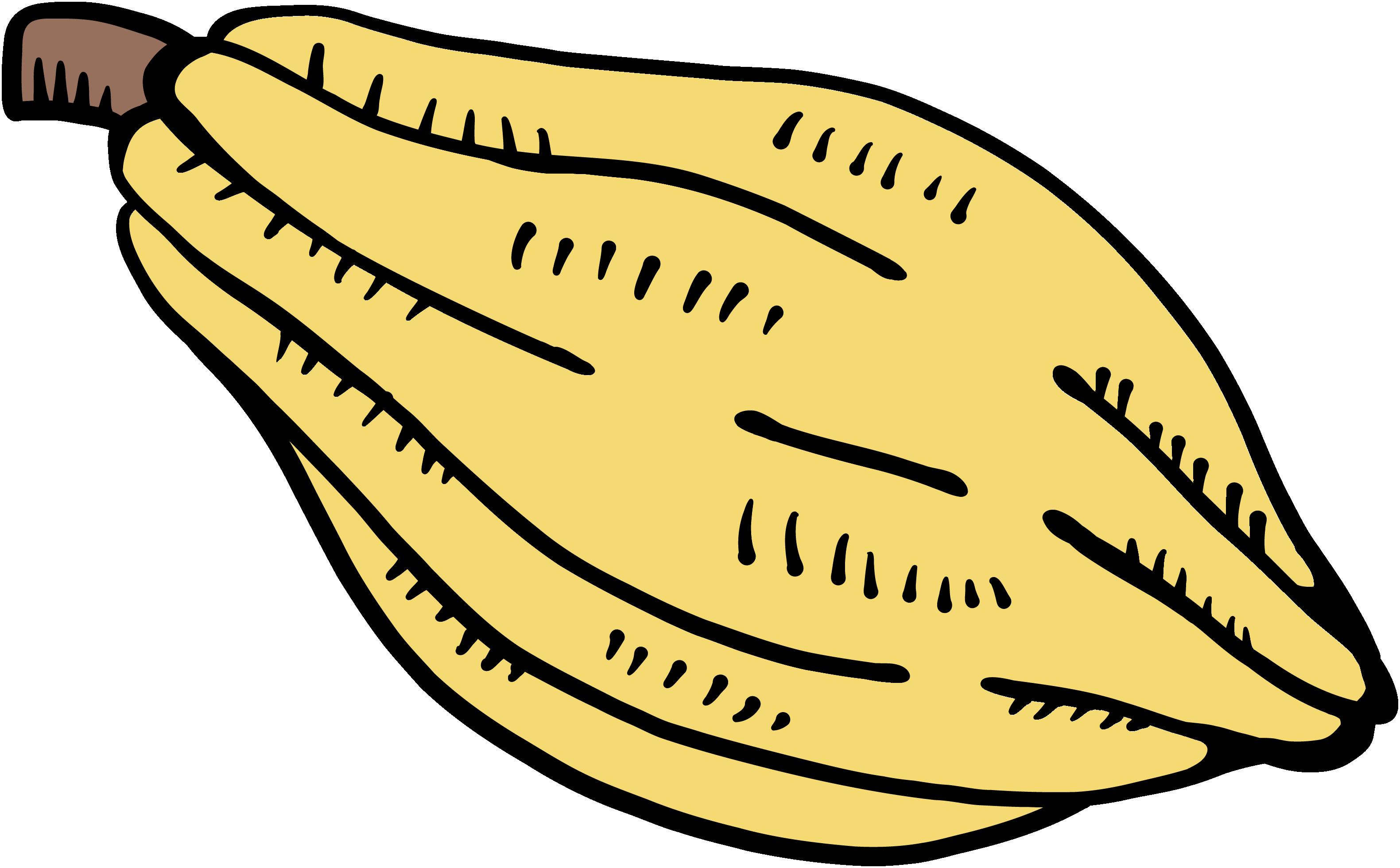
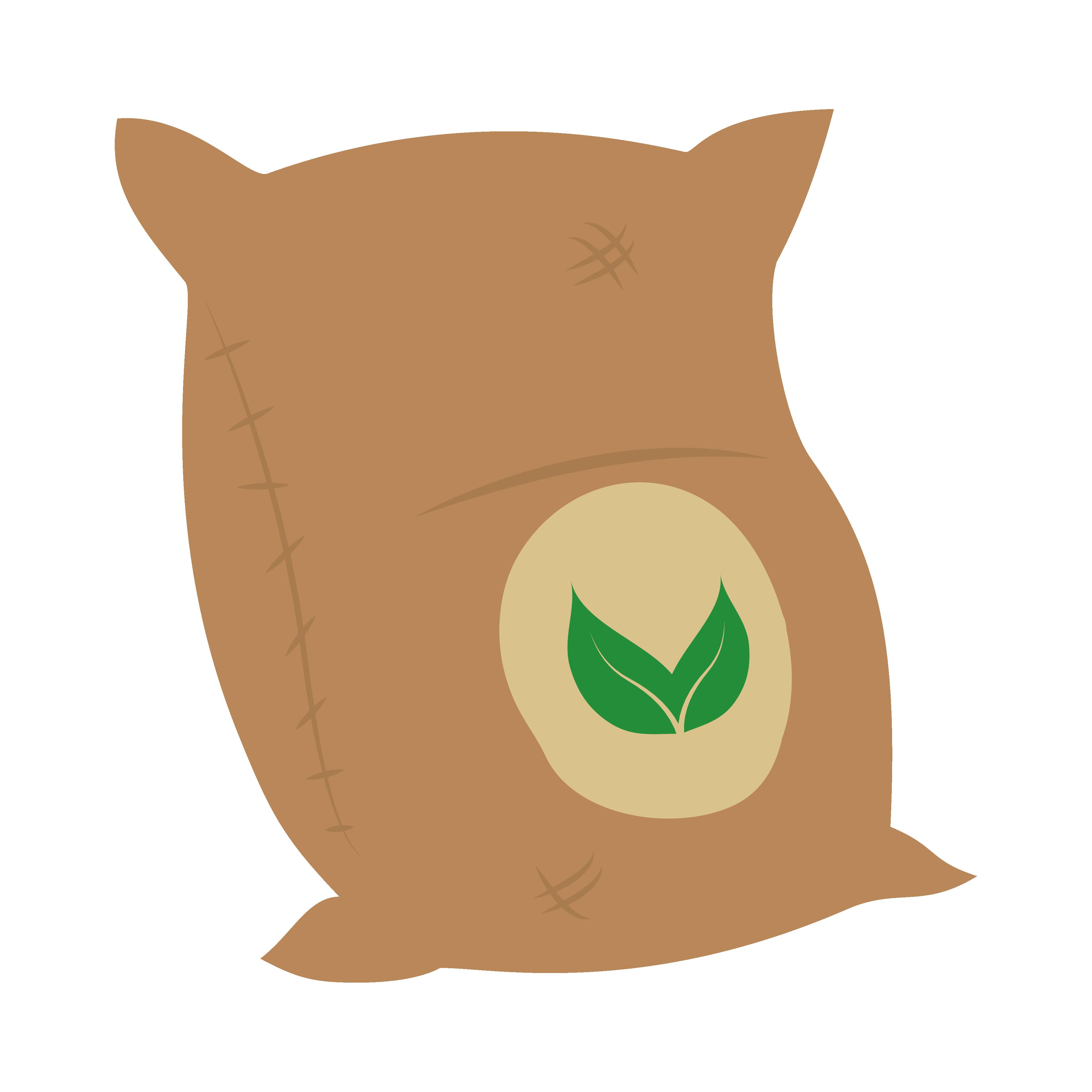





The compass rose is a tool your grouo can use as a guiding tool in separating issues into four categories: Personal, Local, National and Global.
What other ways can you categorise issues?
The compass rose is a tool your grouo can use as a guide to separate issues into three categories: People, Planet, Peace. What other ways can you categorise issues?

Use these tools to brainstorm with your group the issues affecting different communities, guiding your choice in project topics.
Personal: School
Local: Littering
National: Accommodation
Global: War
People: Access to Quality Education
Planet: Climate Action
Peace: Strong Institutions
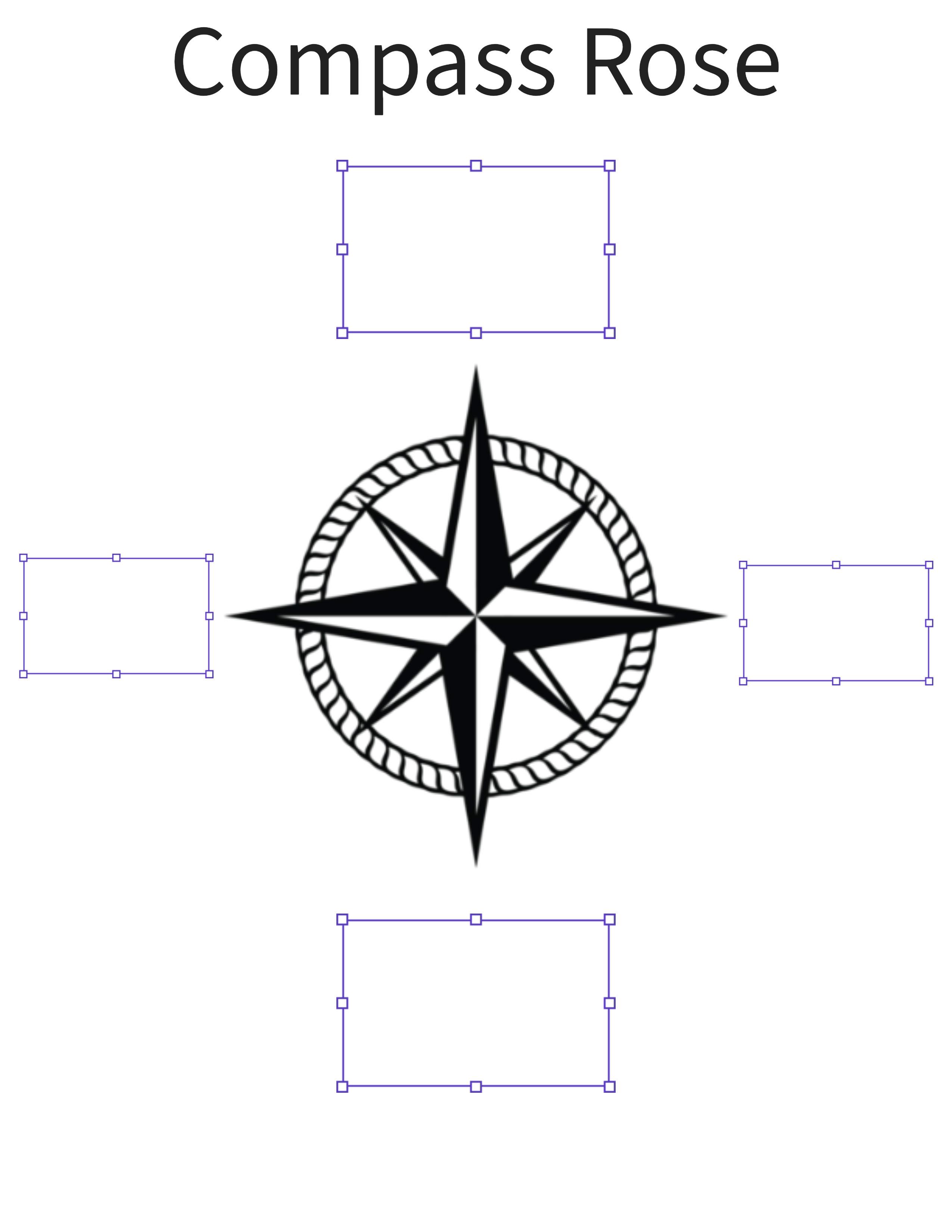






The purpose of the Step Out phase is to look up and out to the future!
After logging and reporting your project and its outcomes, each individual in your group will be elligible to receive teh Better World SDG Pin award.
But what next? How will your group and you as Scouts continue to be active citizens and agents of change?
1. For this phase, start with your review of the project you have just completed. Is your project something that can be continually worked on? Can you delegate it to another service/group?
3. Next, collectively look at the concept of active citizenship together as a group. How do you plan to be an active citizen?

Active citizenship is all about taking action in your community, acting on issues to promote a better society and better world Voting is an example of active citizenship, completing your community project is an example of active citizenship. Voicing concerns and taking on responsibility to stay informed is active citizenship. Actively engaging with services in the area is active citizenship. What else is global citizenship?
2. Personal Reflection is next. What role did you take in your group? Do you feel like you have increased knowledge and skills such as Ethics and Integrity, Communication, Problem Solving, Leadership.
4. Finally, use this Rainbow Planner to map out what is next for your group. What will you work on next?




Skills Summary is an online tool that young people 16-25 can use to log and reflect upon skills. If you are 16 or older, you are required to complete the Skills Summary module, as outlined on the following page.

1. Go to www.skillssummary.ie
2. Click the 'Sign Up' button in the top right hand corner
3. Scroll down to 'I am a Young Person', and click the orange 'Sign Up' button
4. Fill out your personal details
5. 'Under Organisation', input 'Scouting Ireland'
6. Under 'Project/Group Name', input 'Step Out'
7. Complete Sign Up
8. Follow next steps to activate and log into account
The Skills needed to be complete for the Step Out! Programme include: Ethics & Integrity

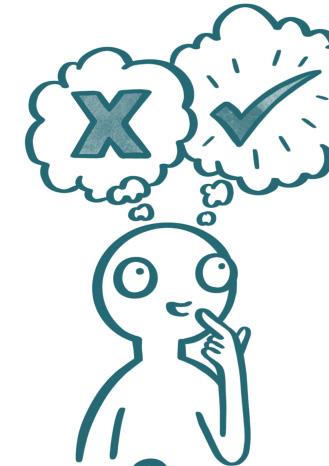
Problem Solving, Leadership Communication
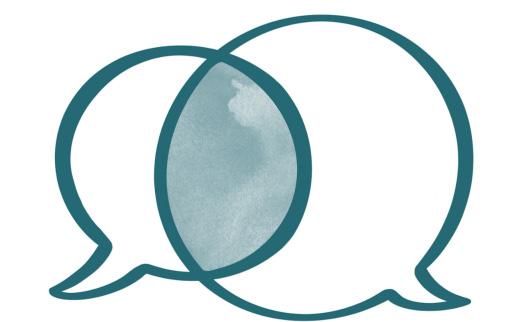
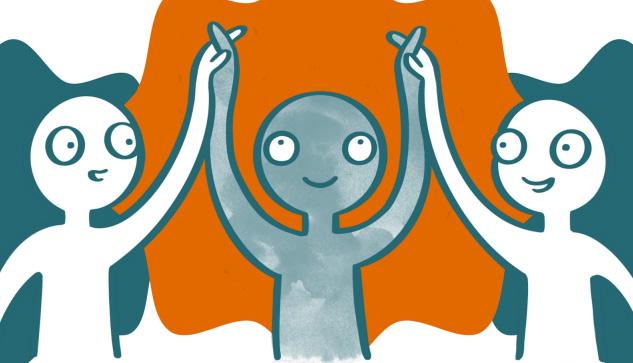
Step In, Phase 1: Ethics & Integirty
Upon completion of the sessions of Step In (Values & SDGs), complete the Ethics & Integrity skill on Skills Summary
Step Up, Phase 2: Problem Solving, Leadership
Upon completion of the group project, complete the Problem Solving and Leadership skills on Skills Summary
Step Out, Phase 3: Communication
Upon completion of collectively reviewing the project and next steps, complete the communication skill on Skills Summary
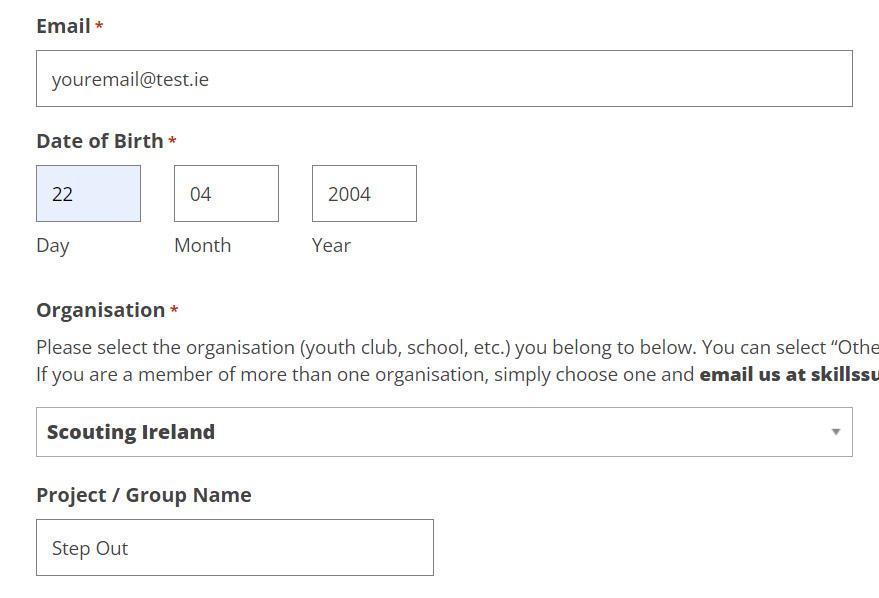
Log in using your details used at the set up stage. Landing on Dashboard, you'll have access to complete 12 skills. Feel free to explore the site!
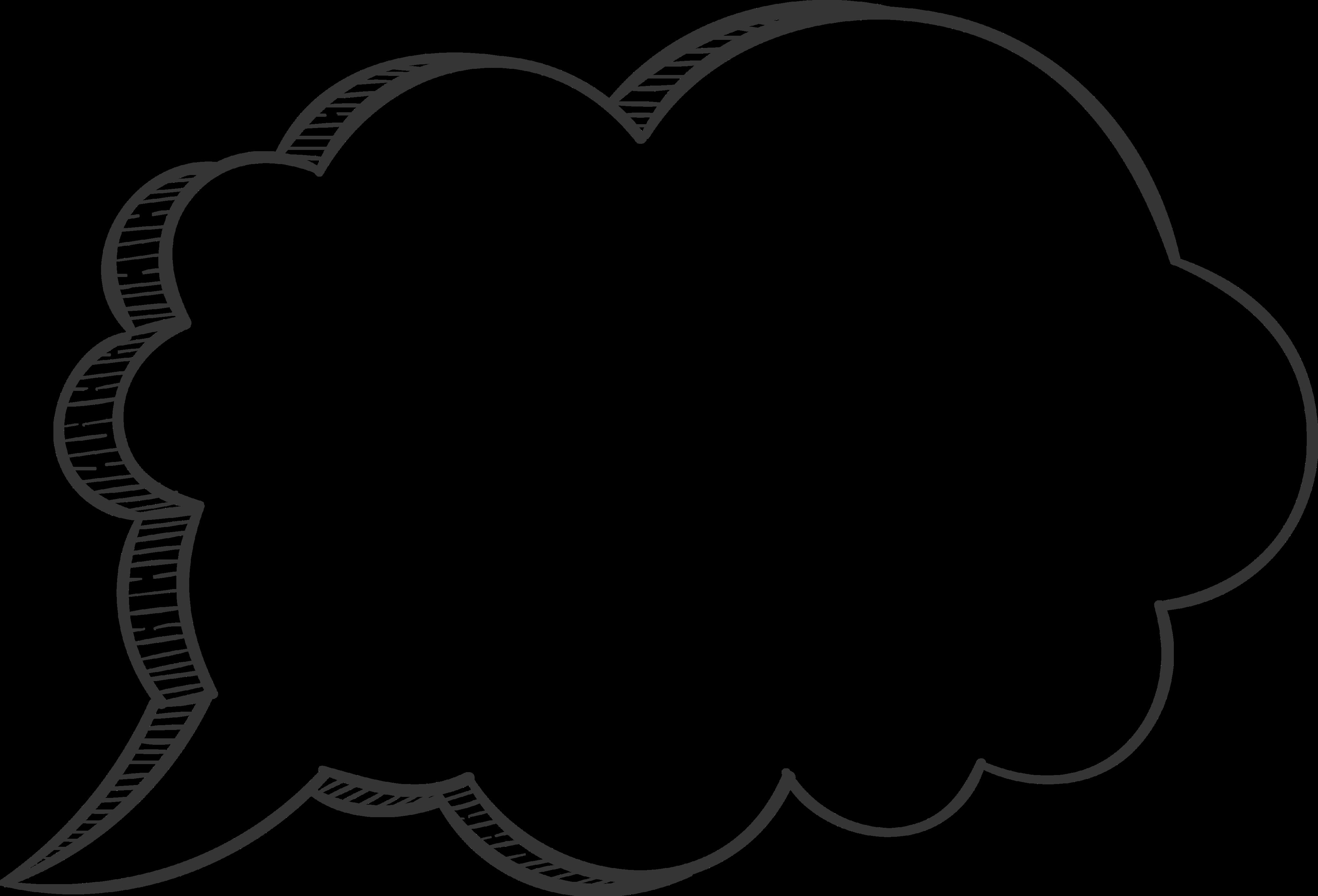
Tip: Keep a regular journal of each session to enable you to better complete the Skills Summary tasks. Writing in reflective journals are another skill you can develop!



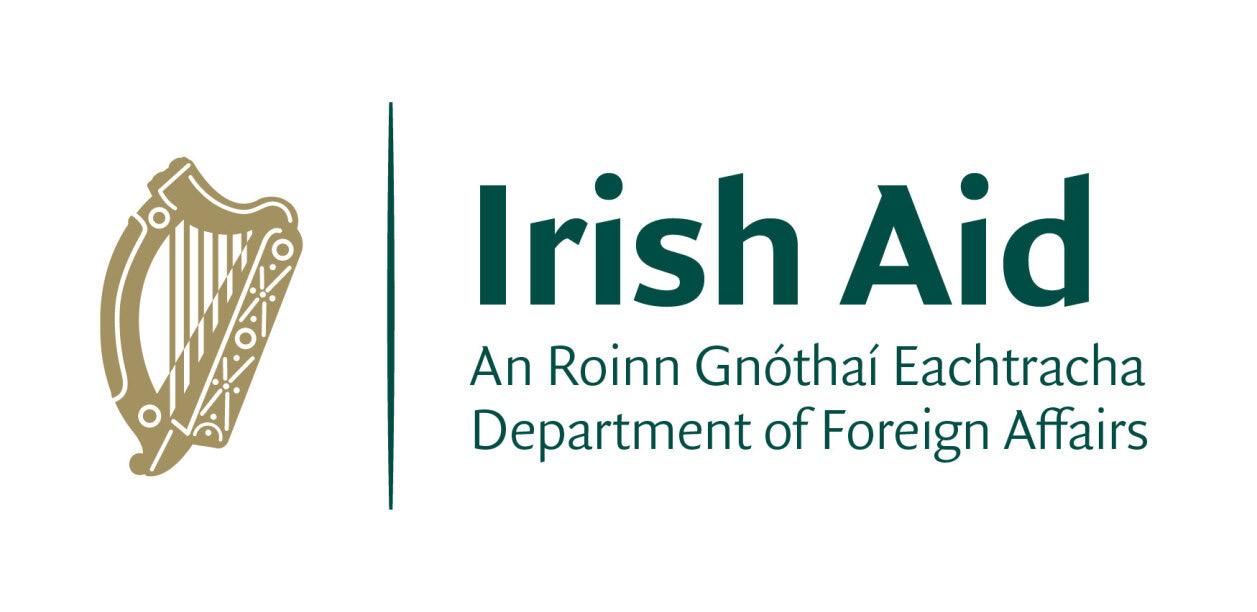
Thank You for Taking Part!

